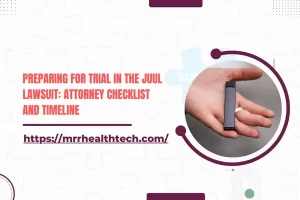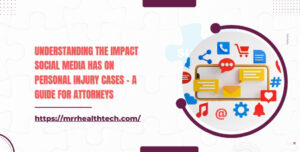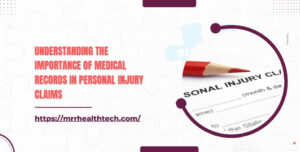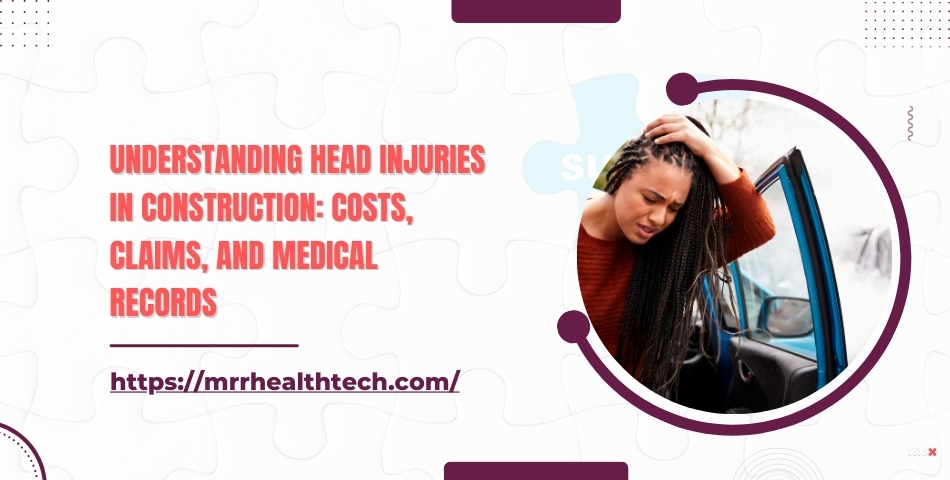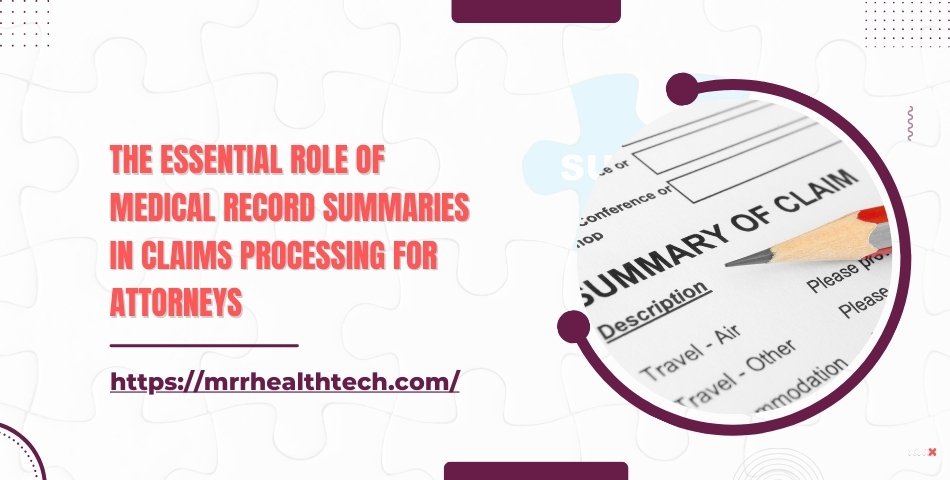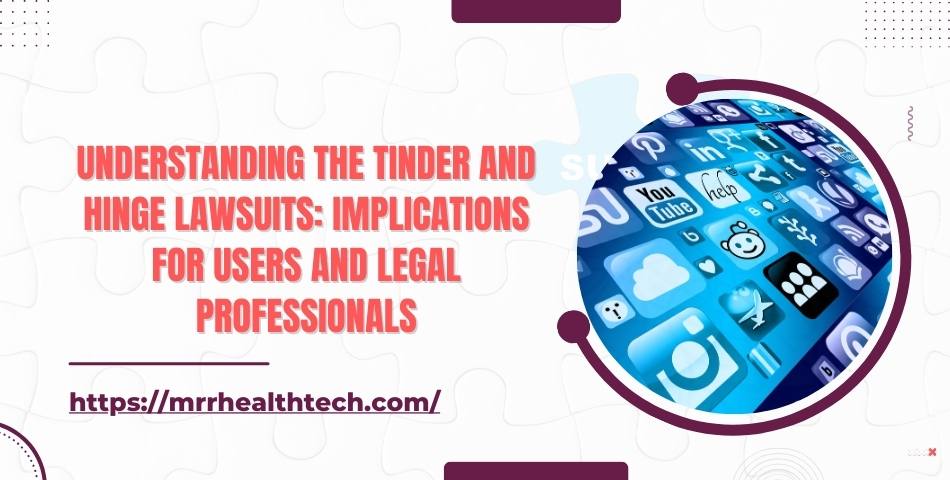
Introduction
Tinder and Hinge are more recently, other dating applications have been defendants in lawsuits that claim they were creating a culture that is addictive while also harming the mental health of its users. As these arguments get played out in court, they raise key issues concerning the obligation of the dating app companies and even the let us say legal culpability of the users of these apps. This piece will accomplish the goal of highlighting the specifics of these lawsuits, the impact on users of these lawsuits, and how our medical record review services can help lawyers in strengthening the case with respect to mental health issues.
Overview of the Tinder and Hinge Lawsuits
Background of the Lawsuits
Tinder and Hinge, which are both under the ownership of the same corporate group known as Match Group were sued on claims that these online ‘dating services’ were addictive thereby compromising the mental health of its users. In their litigation, the complainants state that the business model adopted by these firms is based on earnings and not the welfare of the users thereby encouraging such practices.
Key Allegations
- Addiction and Mental Health Problems – According to the complainants, the design of the apps within the Tinder family fosters compulsive usage, contributing to anxiety, stress, depression, among other psychological issues.
- Misleading Advertising: The lawsuits claim that Tinder and Hinge misrepresent the nature of their services, suggesting that they foster genuine connections when, in reality, they may contribute to feelings of isolation and dissatisfaction.
- Lack of Support: Users say that the apps offer no solutions or assistance resources for a person who has an addiction of any sort or has mental illness.
The Legal Implications of Dating App Design
Duty of Care
A dating app, like other service providers, owes a duty of care to users of that service. Such legal principles impose the obligation on the companies to conduct in such a manner that pursues the right of the customers and does harm to them. The lawsuits against Tinder and Hinge particularly question whether these companies have properly observed this responsibility.
Potential Outcomes of the Lawsuits
- Funds Recovery: In such cases, the plaintiffs may be compensated for the damages suffered as a result of being mentally unwell.
- Reformulation of App: If the plaintiffs’ suit results in a favorable ruling against Tinder and Hinge then these applications may be compelled to alter their working operations entirely and may consider incorporating strategies, which enhance better user engagement with the app.
- Hence, this type of lawsuit will allow other lawsuits to have reference coverage about how technology companies take responsibility for a healthy life of users.
The Role of Medical Records in Mental Health Claims
Importance of Medical Records
Written imprints of a plaintiff’s mental damage, trauma, and App therapy such records can also be used as legal evidence in mental health claim cases. These records can allow attorneys to prove the relationship between the usage of the app and the mental condition of the dating clients.
How Medical Record Reviews Assist Attorneys
- Comprehensive Review: Working with our medical record review outsourcing services, lawyers focus on getting hold of all the intricacies of a client’s medical history that is relevant to the case.
- Medical Experts Opinion: The use of medical records will help us clear advises on the probable effects of the said records on the attorney’s aim to show the linkage between uses of the app and his mental stresses.
- Effective Coordination: By arranging and collating the medical records, we are able to assist lawyers in the execution of their plans rather than attending to documenting everything.
Current Trends in Mental Health and Technology (2024)
The Rise of Digital Mental Health Issues
As we move to the year 2024, the relationship between technology and mental health has become more relevant than ever. A deeper concern over the negative effects of technology over mental health is raised by various scholars. The American Psychological Association has indicated in a recent report that over half of the young population uses social media and dating applications and as a result over 60% of young adults report having social anxiety or depression.
Legislative Responses
To mitigate the issue above, lawmakers are beginning to seek for regulations that would make tech companies responsible for their users welfare. There are proposals which seek to mandate dating apps to include features that would discourage users from excessive use of the applications while directing help to those who are addicted.
Case Study 1: User Addiction and Mental Health Impact
Overview of the Case: Tinder user sought for legal recourse against the company on the basis that the design features of the app were overly addictive stressing how using the app led them to developing profound anxiety and depression making it hard for them to carry out their daily activities or even build/maintain healthy relationships.
Challenges: The main challenge was establishing a causative relationship between the usage of the app and the deterioration of the plaintiff’s mental health. The defense claimed that the problems the plaintiff was experiencing had existed before the usage of the app.
Solutions: We present two case studies of Hinge abuse which add to the existing body and focus on social media marketing. First, we offer a brief overview of case One: Hinge’s advertising misrepresented the app and case value ii the app failed to deliver on its promise.
Compensation: As a legal rep on their behalf the brunt women argued successfully for standards that are not specific It Appraisal because Idaho lawyers don’t comprehend tort law, undergoing great anguish for their marketing campaign.
Case Study 2: Misleading Advertising and User Experience
Overview of the Case: In an application advertising Hinge is a diversified foundation. This made them feel lonely and drew the dissatisfaction, is why they launched a class action suit against Hinge.
Challenges: They misled the public and contributed to the suicidal campaigns that pushed excessive fear mongering and advertising the platforms enticingly oversold an enemy.
Solutions: Through going through the users medical records the users were able to ascertain documentation of their anxiety and depression through the utilization of the app. We also looked at other marketing materials and the marketing levels to make investors promise and convincing assurance in meeting the demand of users.
Compensation: The lawsuit netted them over million settlements with Hinge changing its advertisements and making mental support resources available to app users.
Conclusion
The lawsuit against Tinder and Hinge is indicative of the deepening concern over how these dating applications impact the mental health of people. These cases in progress emphasize the relevance of review of medical records in relation to linking use of an application and a health condition. Employment of our expertise in analysis of medical records should help the advocates strengthen their cases in the issue of the protection of the users and responsibility within the information technology sector.




